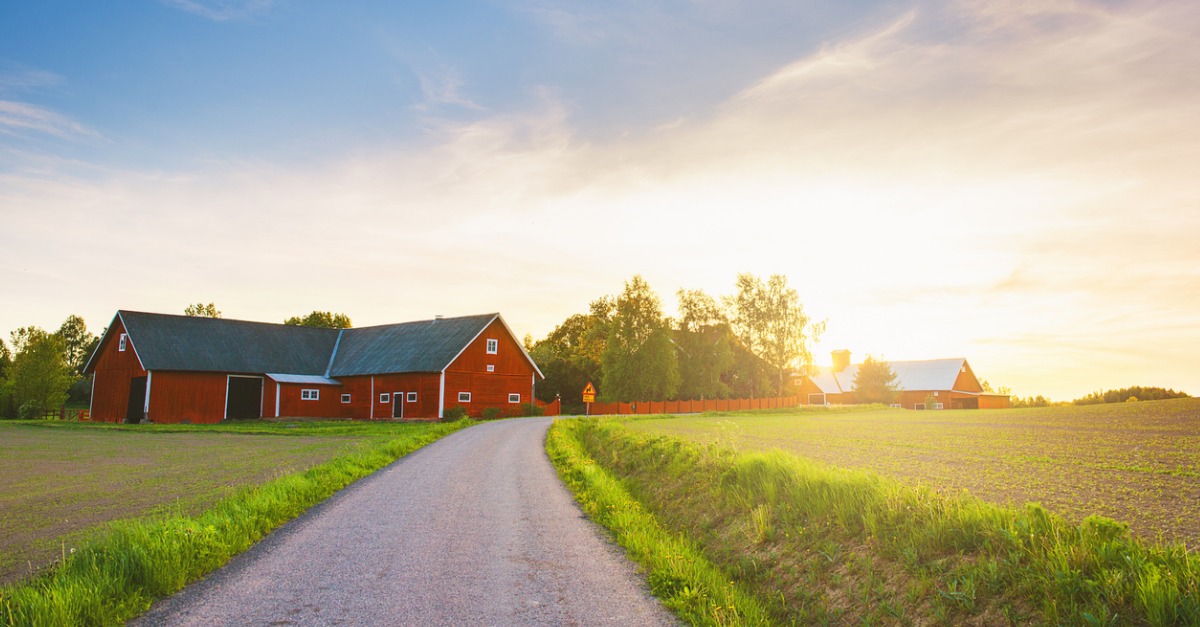
Pros and Cons of Choosing a House in a Rural Area
Many people enjoy the convenience of living in a city or in the suburbs, with easy access to stores and entertainment and with neighbors nearby. For others, the idea of being surrounded by nature and away from all the hustle and bustle is appealing. If you are thinking about buying a house in a rural area, carefully consider the advantages and downsides.
Amenities and Resources
Homes in rural areas are often much less expensive than those in cities and suburbs, but lower prices often mean fewer amenities and less convenience. A rural house may not have what would be considered standard features in an urban area, such as running water, electricity, central heat and internet access. Police, fire and medical help could be miles away, and first responders could take a relatively long time to reach the house in an emergency. You might also need to drive far to reach stores, restaurants, entertainment and medical providers, but you would encounter less traffic than you would in a city.
Nature
If you love the outdoors, you may be intrigued by the idea of living in a wooded area where you could see birds, deer and even larger animals, such as bears, on a regular basis. That said, some animals have the potential to cause damage to your home or harm your family or pets. Large wildlife could also draw hunters to your property, which could be both a nuisance and a safety hazard.
Rural areas often feel the effects of severe weather more than urban and suburban locations. Heavy snow, rain and wind can be more problematic in rural areas where roads may not be paved, infrastructure may be less sophisticated or not as well maintained, and workers may need to cover much larger geographic areas since homes are more spread out. A snowstorm that would be an inconvenience in an urban area could leave you stranded in a rural home without electricity and heat for days or weeks.
Work Options
Employment opportunities are much more limited in rural areas than in more populated locations. If you have a job that allows you to work from home, that may not be a problem. If you would need to drive a long way to and from work, that could cost a lot in terms of gas, wear and tear on your vehicle, and time spent commuting instead of relaxing with your family.
Community Support
Rural areas are often more close-knit than urban and suburban neighborhoods. Residents look out for each other, and crime tends to be relatively low. On the other hand, it may take time for new homeowners to feel like they fit in, and some people dislike the relative lack of privacy.
Is Country Living Right for You?
A rural home offers several advantages, such as proximity to nature and a close-knit community, but it has downsides, including fewer employment options and less convenience. Weigh all these factors carefully when deciding whether to purchase a house in a rural area.

